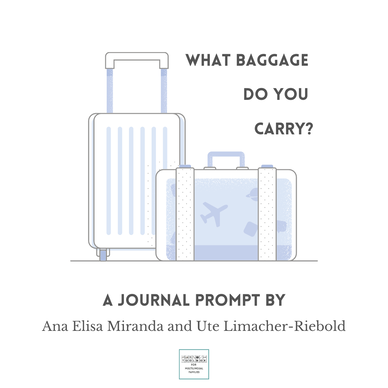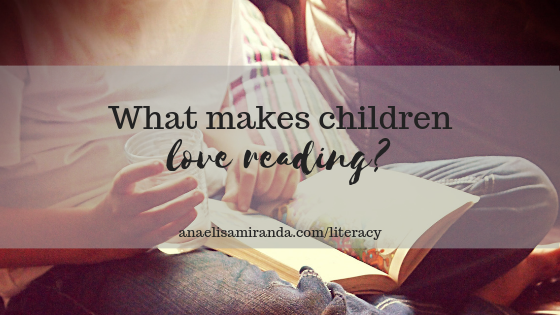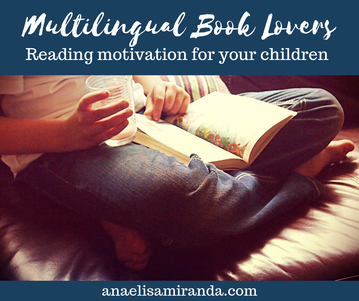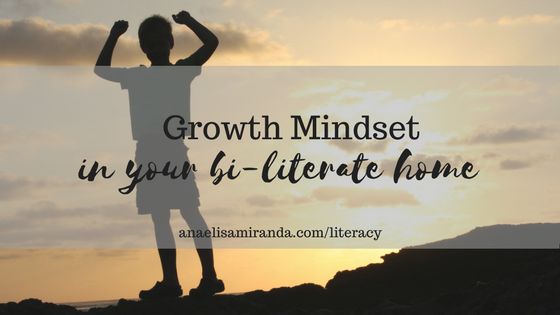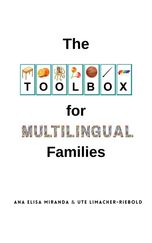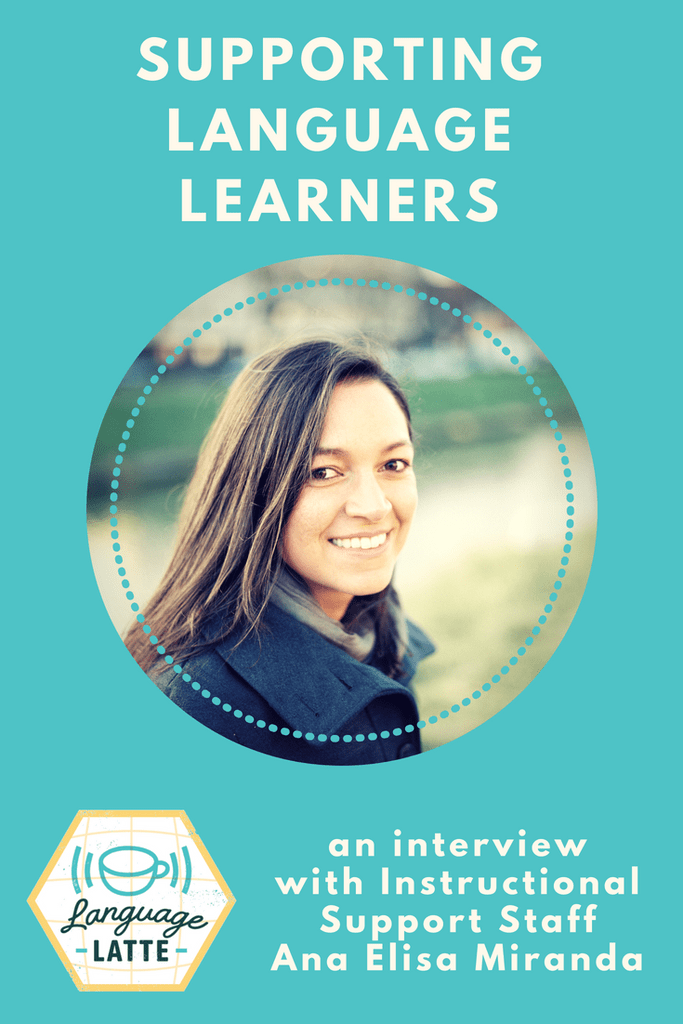by Ute Limacher-Riebold and Ana Elisa Miranda
Have you ever packed a backpack in the wrong way? Made it too heavy, causing you back pain; brought the wrong or unnecessary things, making it difficult to reach what you actually needed, quickly enough?
Or have you ever been on a hike where the pace was much faster than yours, so that you ended up exhausted, frustrated and didn’t enjoy the journey?
If we carry too much, the wrong items, or walk too fast, we can get out of breath, frustrated and are more prone to giving up, as we don’t enjoy the journey.
Raising children with multiple languages is a journey that starts before the children are born and never ends.
Here are 3 tips on how to “travel light” on your multilingual journey:
1. Define the journey
As parents of multilingual children, we are on some kind of international journey. We either live abroad in our partner’s country, or our partner is a foreigner in our country, or we live in a country where both of us are foreigners.
Each parent brings his or her very own baggage. This is our cultural background, our attitudes, preferences, habits, patterns, ideas and expectations, our personal experiences, values, beliefs, assumptions, convictions, our way of doing things, as well as our way of communicating, our languages, our memories and more. Our baggage is determined by what we consider important, essential and “good to carry with us” on our life-journey.
When on a journey together, following the same goal and carrying what is necessary to reach it, makes the journey easier. You are less likely to become overwhelmed and to experience attrition. You should have enough energy to focus on what is really important.
2. Pack your baggage wisely
The art of packing a backpack is to think carefully about what we really need. Translated to our multilingual journey, this means:
Decide if judgments or expectations (of others as well as our own) are important for us or not. Do they support our short and long term goals?
We all have our very own assumptions, experiences and expectations. Some are relics from our childhood or earlier phases of our life, and we carry them like a safety blanket to give us comfort.
If our assumptions and expectations are realistic, we keep them, if some are not helpful right now, we can put them aside (in a mental drawer).
Have a survival kit. Items we must always bring on a hike are a water bottle, food, a first aid kit and our IDs (and with young children, everything we need to take care of them).
On our multilingual journey, these would be resources that “feed” our languages: books, music, games, podcasts, audiobooks, lessons, playgroups; websites and discussion groups that can give us the necessary support; a guide for parents of multilingual children, or our Toolbox for Multilingual Families, where you can find activities and games to foster your languages and enjoy communicating with your children.
3. Adjust the pace
For a hike to be successful and enjoyable for every family member, it is important to distribute the weights wisely. We adults carry the heavier items, and our children carry the lighter ones. Our older children can also take over some tasks and roles, depending on their abilities and strengths.
During our journey, the pace of our walk should allow us to proceed and progress steadily. This means keeping the pace of the weakest or youngest person in the group, stopping when the youngest or weakest member is tired, because a group – or team – is only as strong and effective as its weakest member. This also means that the group will do their best to support each other to achieve the common goal.
One of our goals on our multilingual journey is to reach the milestones safely and with enough energy left to enjoy the landscape and celebrate the small steps.
We have created a journal prompt to help you reflect on your cultural baggage. Download it here.
Have you ever packed a backpack in the wrong way? Made it too heavy, causing you back pain; brought the wrong or unnecessary things, making it difficult to reach what you actually needed, quickly enough?
Or have you ever been on a hike where the pace was much faster than yours, so that you ended up exhausted, frustrated and didn’t enjoy the journey?
If we carry too much, the wrong items, or walk too fast, we can get out of breath, frustrated and are more prone to giving up, as we don’t enjoy the journey.
Raising children with multiple languages is a journey that starts before the children are born and never ends.
Here are 3 tips on how to “travel light” on your multilingual journey:
1. Define the journey
As parents of multilingual children, we are on some kind of international journey. We either live abroad in our partner’s country, or our partner is a foreigner in our country, or we live in a country where both of us are foreigners.
Each parent brings his or her very own baggage. This is our cultural background, our attitudes, preferences, habits, patterns, ideas and expectations, our personal experiences, values, beliefs, assumptions, convictions, our way of doing things, as well as our way of communicating, our languages, our memories and more. Our baggage is determined by what we consider important, essential and “good to carry with us” on our life-journey.
When on a journey together, following the same goal and carrying what is necessary to reach it, makes the journey easier. You are less likely to become overwhelmed and to experience attrition. You should have enough energy to focus on what is really important.
- Have you agreed and defined the multilingual journey of your family?
- What are the short and long term goals for you, your partner, your children?
2. Pack your baggage wisely
The art of packing a backpack is to think carefully about what we really need. Translated to our multilingual journey, this means:
Decide if judgments or expectations (of others as well as our own) are important for us or not. Do they support our short and long term goals?
We all have our very own assumptions, experiences and expectations. Some are relics from our childhood or earlier phases of our life, and we carry them like a safety blanket to give us comfort.
- Are your expectations aligned with your common goal or are they rather hindering you, your partner or your child?
- Are the expectations you have realistic and achievable?
If our assumptions and expectations are realistic, we keep them, if some are not helpful right now, we can put them aside (in a mental drawer).
Have a survival kit. Items we must always bring on a hike are a water bottle, food, a first aid kit and our IDs (and with young children, everything we need to take care of them).
On our multilingual journey, these would be resources that “feed” our languages: books, music, games, podcasts, audiobooks, lessons, playgroups; websites and discussion groups that can give us the necessary support; a guide for parents of multilingual children, or our Toolbox for Multilingual Families, where you can find activities and games to foster your languages and enjoy communicating with your children.
- Do you know how to keep transmitting your language, in an engaging and motivating way for the whole family?
3. Adjust the pace
For a hike to be successful and enjoyable for every family member, it is important to distribute the weights wisely. We adults carry the heavier items, and our children carry the lighter ones. Our older children can also take over some tasks and roles, depending on their abilities and strengths.
During our journey, the pace of our walk should allow us to proceed and progress steadily. This means keeping the pace of the weakest or youngest person in the group, stopping when the youngest or weakest member is tired, because a group – or team – is only as strong and effective as its weakest member. This also means that the group will do their best to support each other to achieve the common goal.
One of our goals on our multilingual journey is to reach the milestones safely and with enough energy left to enjoy the landscape and celebrate the small steps.
- Have you paused to consider the pace you are going?
- Is every member of the family feeling supported and enjoying the journey?
We have created a journal prompt to help you reflect on your cultural baggage. Download it here.

